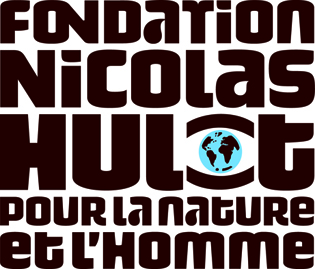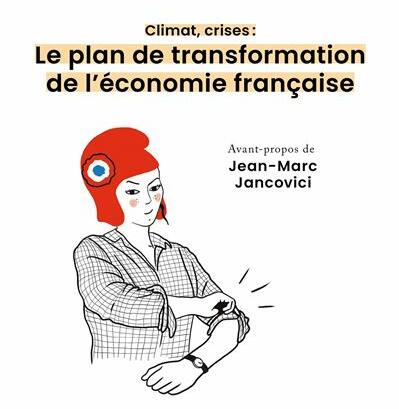
In the context of its activities as a think tank, and more specifically its work on long-term funding, the Fondation Nicolas Hulot pour la Nature et l’Homme (FNH) (Nicolas Hulot Foundation for Nature and Mankind) organised on 30th March a discussion seminar entitled “Funding the future without deepening the debt”. Numerous economists and experts came to debate the proposal presented by Alain Grandjean and a working group composed of Marion Cohen, Nicolas Bouleau, François Carlier, Julien Dourgnon, Gabriel Galand, Gaël Giraud, Jean-Luc Gréau, André-Jacques Holbecq, Medhi Ouchallal and Stéphanie Roy.
The report draws the following conclusion: we are faced with a monumental challenge. Our development model has become unsustainable. The dual energy and climate constraints are only strengthening the certainty that our GDP-focused economic system is no longer suitable. Massive investment is necessary to launch a transition towards a socially, ecologically and economically more resilient economy. An entire society model must be created, but the money to do so is lacking. The private sector, whose ardour has been cooled by the recession, is reluctant to invest in projects for which return on investment is too long and too weak. Faced with rising debt levels, the public sector is caught between an increase in demand for social protection and a fall in its income. Austerity programmes show that it has lost its capacity to fund itself.
The working group proposes to give the government back the prerogative over its own funding. The idea is to enable it to borrow from the European Central Bank the 600 billion Euro estimated necessary for the French transition. This investment would be managed democratically, thanks to a massive national and local public consultation to create commitment.
The idea is a bold one, but the FNH report isn’t just intended to set the cat among the pigeons. The proposal is solidly argued and is accompanied by answers to the institutional, economic and practical questions it may raise.

